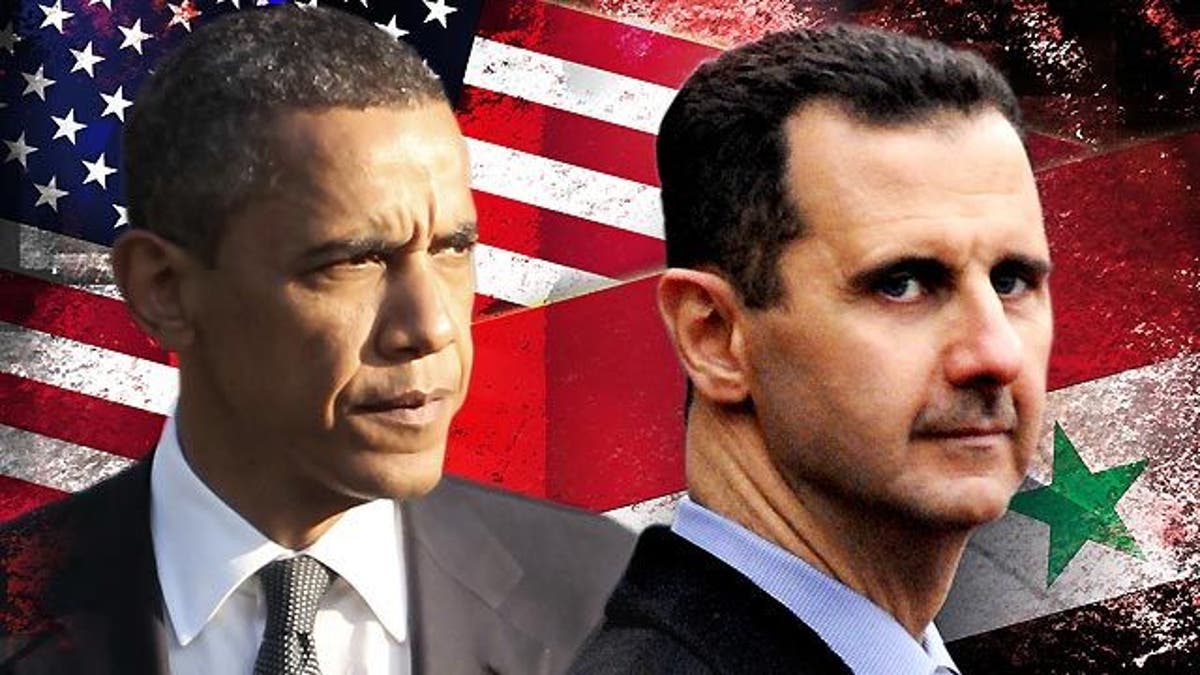
When I came to Congress in 1993 the traditional idea that all politics stopped at the water’s edge was alive and well. Americans had been unified for the previous four decades against the threat from the former Soviet Union and communism.
Sure, there were times when there were major disagreements about tactics, but questions about whether the threat was real were largely nonexistent.
Americans were united in the belief that we could meet and defeat the enemy. That unity led to the collapse of the Berlin Wall and the Soviet Union, which was clearly an American victory.
[pullquote]
After 9/11America had that same sense of unity. I will never forget standing with fellow members of Congress on the steps of the Capitol to sing “God Bless America” on the night of 9/11.
America had just experienced a modern day Pearl Harbor and we were prepared to stand together to defeat the new aggressor. That unity led to bipartisan support for action in Afghanistan and Iraq, new NSA "spying" programs, enhanced interrogations, black sites, Gitmo, and drone strikes.
Together Republicans and Democrats made difficult decisions deemed necessary to confront, contain, and defeat the enemy, radical Islam.
But that sense of unity was short lived.
Why did partisanship disrupt our foreign policy unity? Was it due to political opportunism or genuine policy differences?
We may never know.
The bottom line is that America became bitterly divided. Early strategies and bipartisan agreements were called into question.
Confusion about our military goals developed. Who was the real enemy and why was the United States at war in Iraq?
Questions were raised about the NSA, interrogations, Gitmo, and drone strikes. Many would argue that the fatigue and anger associated with the Iraq war led to the Democrat takeover of the House in 2006 and the election of President Obama in 2008. Suddenly politics had marched past the water’s edge all the way to the Middle East and Afghanistan.
That type of destructive partisanship has continued since the Iraq war and has hurt American credibility abroad.
Our indecisive approach to the situation in Syria is a good example of how our differences are crippling us. An American president feels paralyzed to act due to deep divisions between the parties and deep public skepticism about more foreign intervention.
Americans must step back and realize that an effective foreign policy is very difficult to devise, and we must present a united front to make it work. There will always be successes and spectacular failures.If those successes and failures are constantly used as ammunition for partisan politics, there will be political winners and losers, but America as a whole will be the biggest loser.
Republicans and Democrats should be able to agree on four observations:
1. The threat from radical Islam continues.
2. Many of the tools necessary to fight this threat have been embraced by a Republican and Democrat president.
3. The United States has not made significant progress in defeating the threat since 2001.
4. America is deeply divided as to the way forward.
There is a need for vigorous debate and discussion before we commit ourselves to further military action.
There are serious questions that must be answered:
- What is the objective?
- What are the broader implications?
- What is the larger strategy to defeat radical Islam?
- What is the strategy to bring stability and security to the Middle East?
- What policies will be implemented to stop Iran's march toward possession of nuclear weapons?
Let’s not add Syria to the list of American misadventures in the Middle East where we went in with the best of intentions but no sustainable long term strategy.
Now is the opportunity to discuss and formulate that long term plan. The president has asked for help. Leaders on both sides of the aisle should help develop a coherent, and sustainable strategy, then present a united front to the world as we move forward together to face the challenge.
Demanding a coherent foreign policy before we act in Syria is not a "new era of "new isolationism." Demanding an end to partisan bickering on foreign policy is not an unrealistic requirement.
These are just common sense expectations of a frustrated and angry American public.
They have heard the same arguments repeated over and over by politicians and others only to see disappointing results.
These are ingredients which they believe are essential to win this war. These are characteristics of leadership that have been absent for far too long!




















